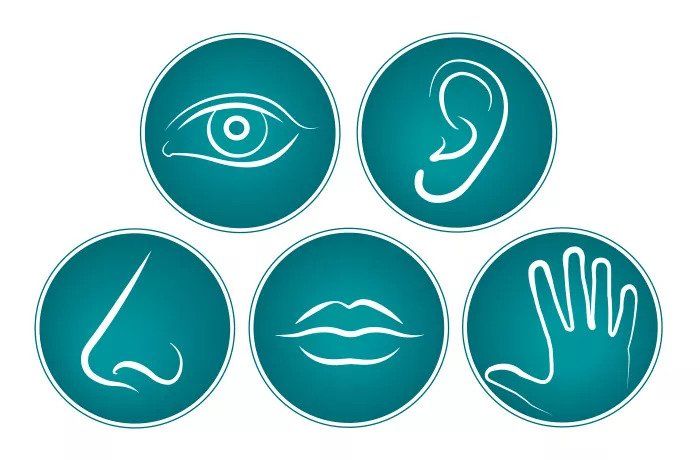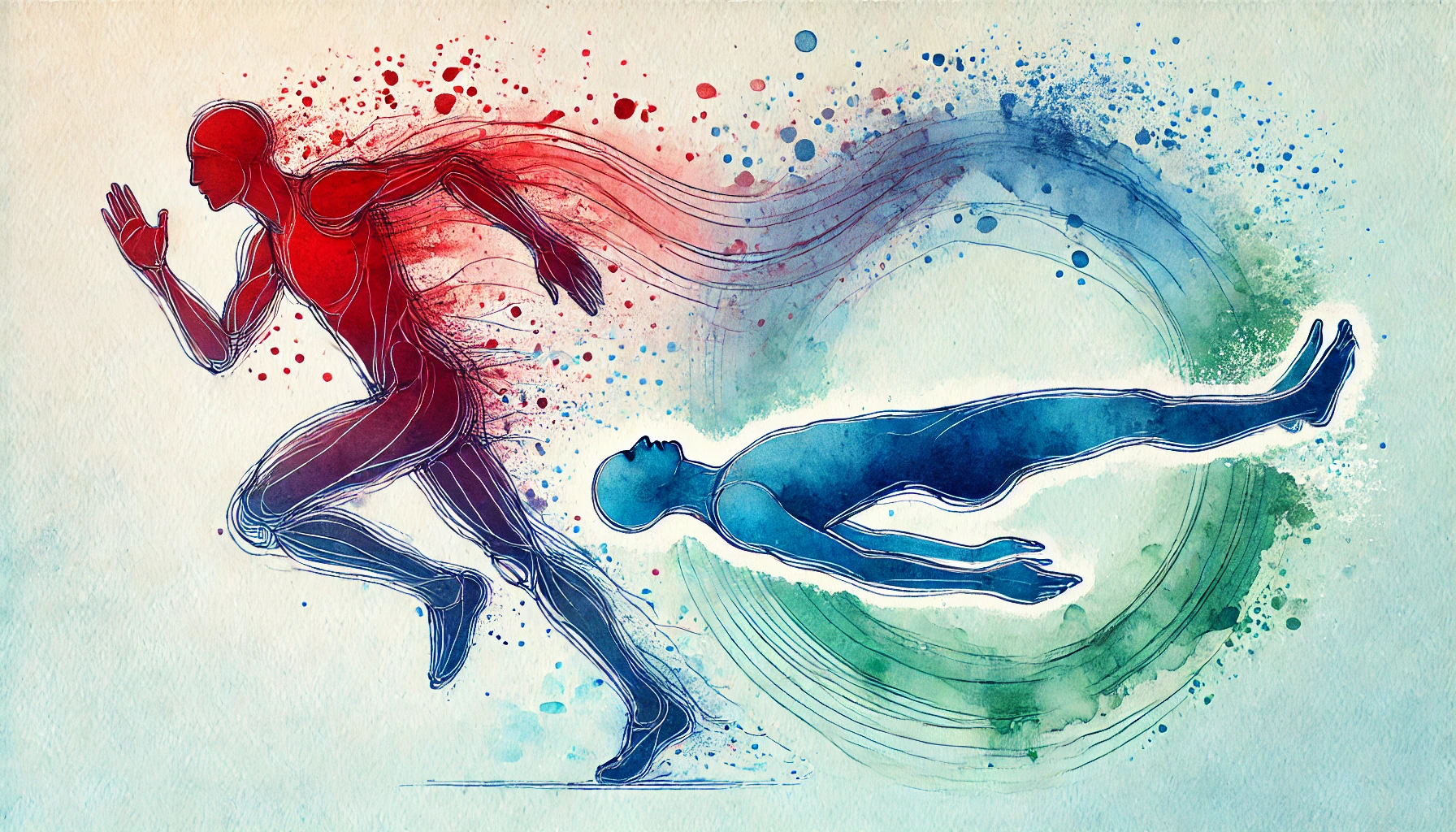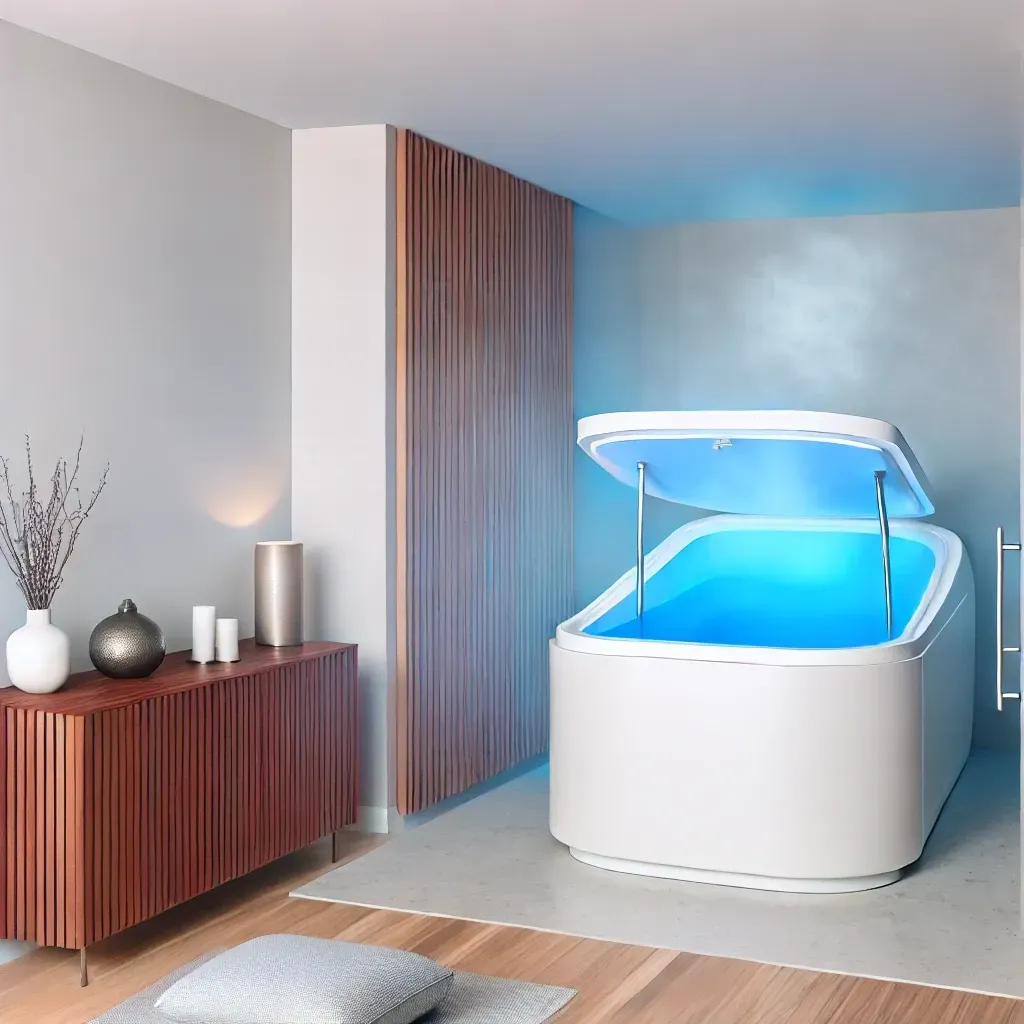We all know the classic five senses: sight, hearing, smell, taste, and touch… but just like how we have far more body parts than just the head, shoulders, knees and toes from the song of the same name, we actually have many more senses than just these five.
These more prominent senses often take center stage as we’re out in the world. We evolved as externally focused creatures, and these main sensory systems have done us well over the years as our ancestors used them to avoid predators and find food. And with television, smartphones, and advertisements aplenty, the modern world definitely keeps these senses satiated as well.
So much so, in fact, that it’s easy to overlook the many other senses that contribute to our experience of the world. Some senses you use every day without acknowledging them at all, like your sense of balance, or your sense of where in space your arms and legs are around you. Other senses have been renamed to such common things that we may forget that they are senses at all – like your perception of thirst or hunger.
Interoception can be quite subtle, and because of this, it can easily get drowned out and passed over as we’re out and about in the world. But it begs the question... what messages are getting lost, and could we benefit from listening to them instead?
Paying attention to our bodies can offer a window into ourselves that we might otherwise miss. Being in tune with your body can help bring less conscious thoughts to the surface before they start to manifest in other, less desirable, ways.
When we’re more in tune with our hunger and energy levels, we are less likely to over or under eat. When we’re more connected with our breathing rate and blood pressure, we can start to notice our emotions getting carried away during important conversations.
We can practice listening to these other sensory systems, and improve our ability to notice more subtle changes in their messages.
Float tanks are a perfect place for strengthening the connection to your many other senses. The reduced stimulation of the float environment offers you an opportunity to lower the brain processing power normally spent on sensory input from the external world and instead redirect that attention inward.
Give your other senses a chance to be heard – you might be surprised at how much they have to tell you.



















